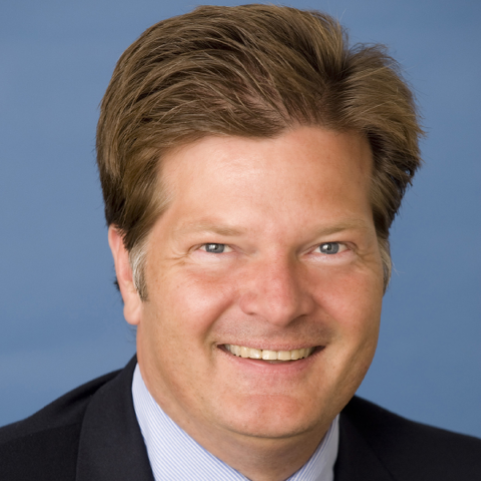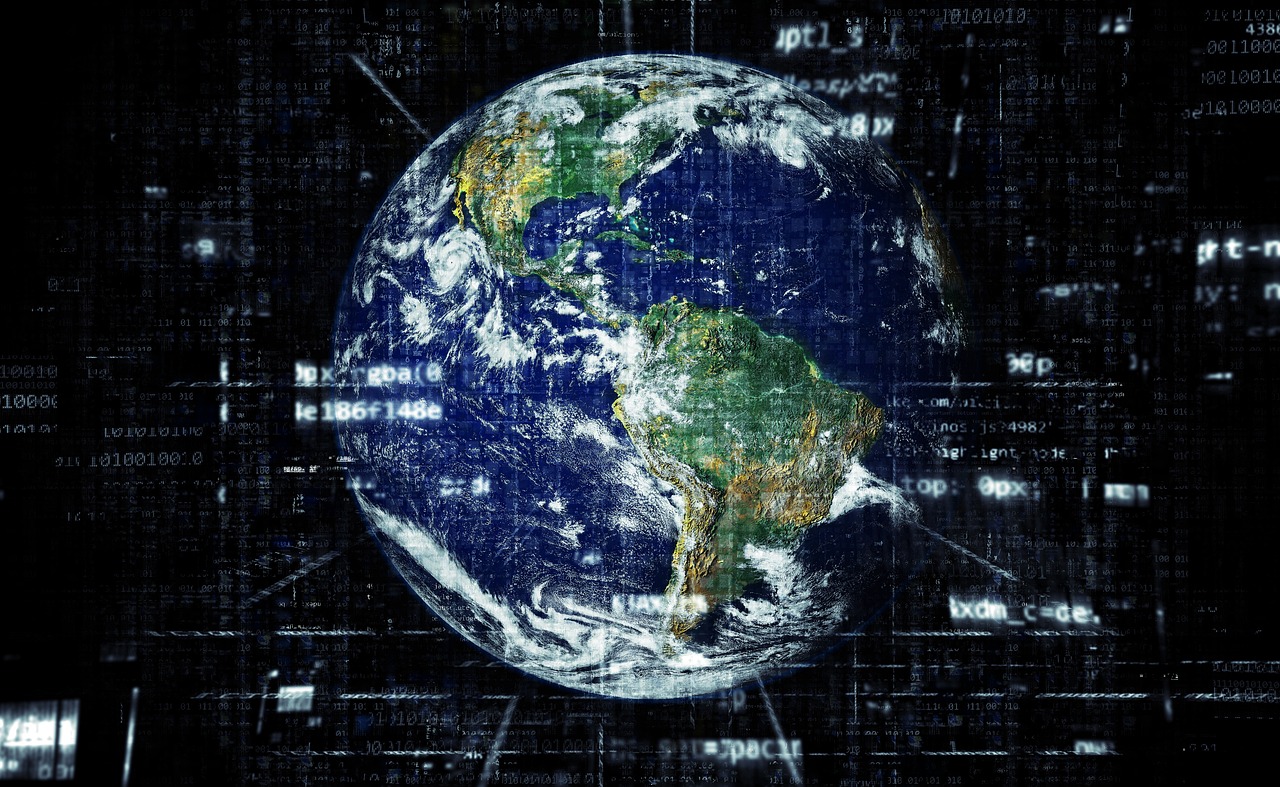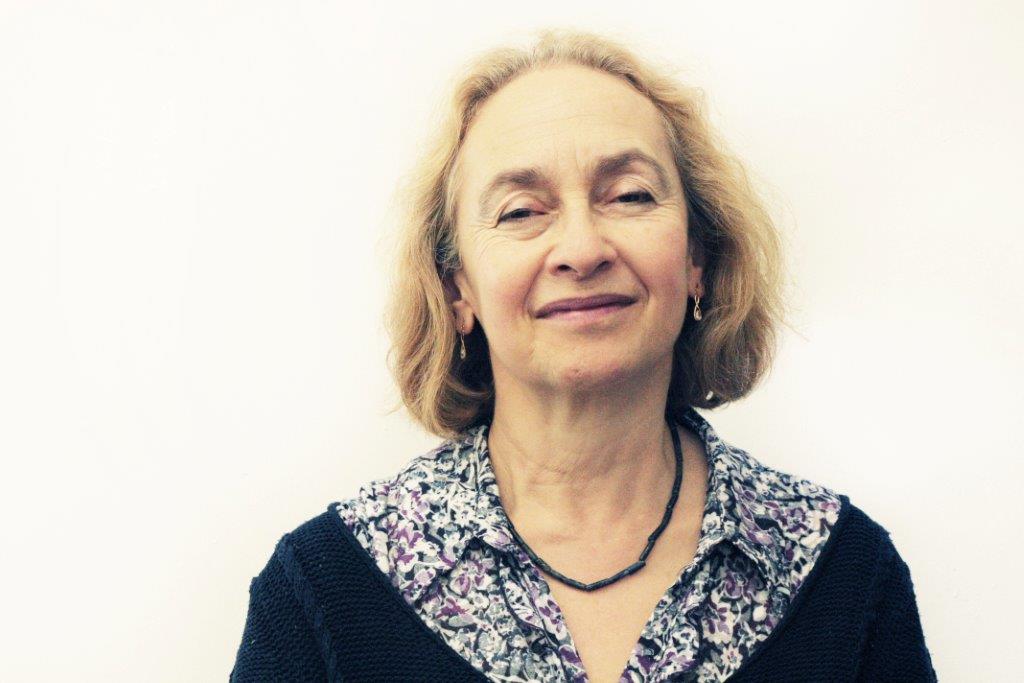Thinking about human scale more than midway through life’s journey, I find myself returning to the question of human scale, which has fascinated me since childhood.
For me, the inquiry started in the early 1970s when I found E.F. Schumacher’s collection of essays titled Small is Beautiful on my parents’bookshelf.
I doubt I understood much at the time, but the concepts stayed with me. This year happens to mark the 50th anniversary of the book’s publication. The main question Schumacher explored was the relationship between human fulfillment and the scale of our undertakings. The book captured the public imagination for a few years, but it was soon overtaken by the Thatcher-Reagan revolution and other trends favoring growth economics.
Yet I believe Schumacher’s line of inquiry remains valid and relevant for our lives. I say this while fully acknowledging how new technologies, the digital revolution, social media, DNA genomics, artificial intelligence are materially increasing prosperity and well being in many parts of the world.
Powerful impulses push us headlong, I fear, to using these technologies for crossing all thresholds, often without knowing why or considering what the consequences could be.
We moderns don't like limits, yet self governance demands limits, and ancient wisdom from across cultures and religious traditions counsels us to think about keeping our lives in balance.
Classical thinkers posited the idea of optimal balance. In his Ethics, Aristotle wrote about the importance of what he called “the mean relative to ourselves” I think these learnings all have to do with human scale in various ways.
At root, the idea of human scale is about proportions, balance and limits, and what it means to be a spiritually happy human being. Following my monodies, I admit to being deeply perplexed by these big questions, but I still hope to emerge from the shadows one day, once more to see the stars.
Explore the theme of Human Scale

Throughout a career that took him to high levels in international affairs, law and finance, Mark Medish has pondered over the concept of "human scale” and its significance for the contemporary world. Classical and Renaissance thinkers placed heavy value on the ideas of proportion, scale and optimal balance as keys to individual fulfillment and social order. How can and should we — as citizens, parents, workers, individuals — understand and apply those age-old concepts in our lives in today's increasingly scaled-up and digitized world?
Explore the theme of Human Scale with Mark Medish in May as part of the Metanoia series.
Image by Pete Linforth from Pixabay




